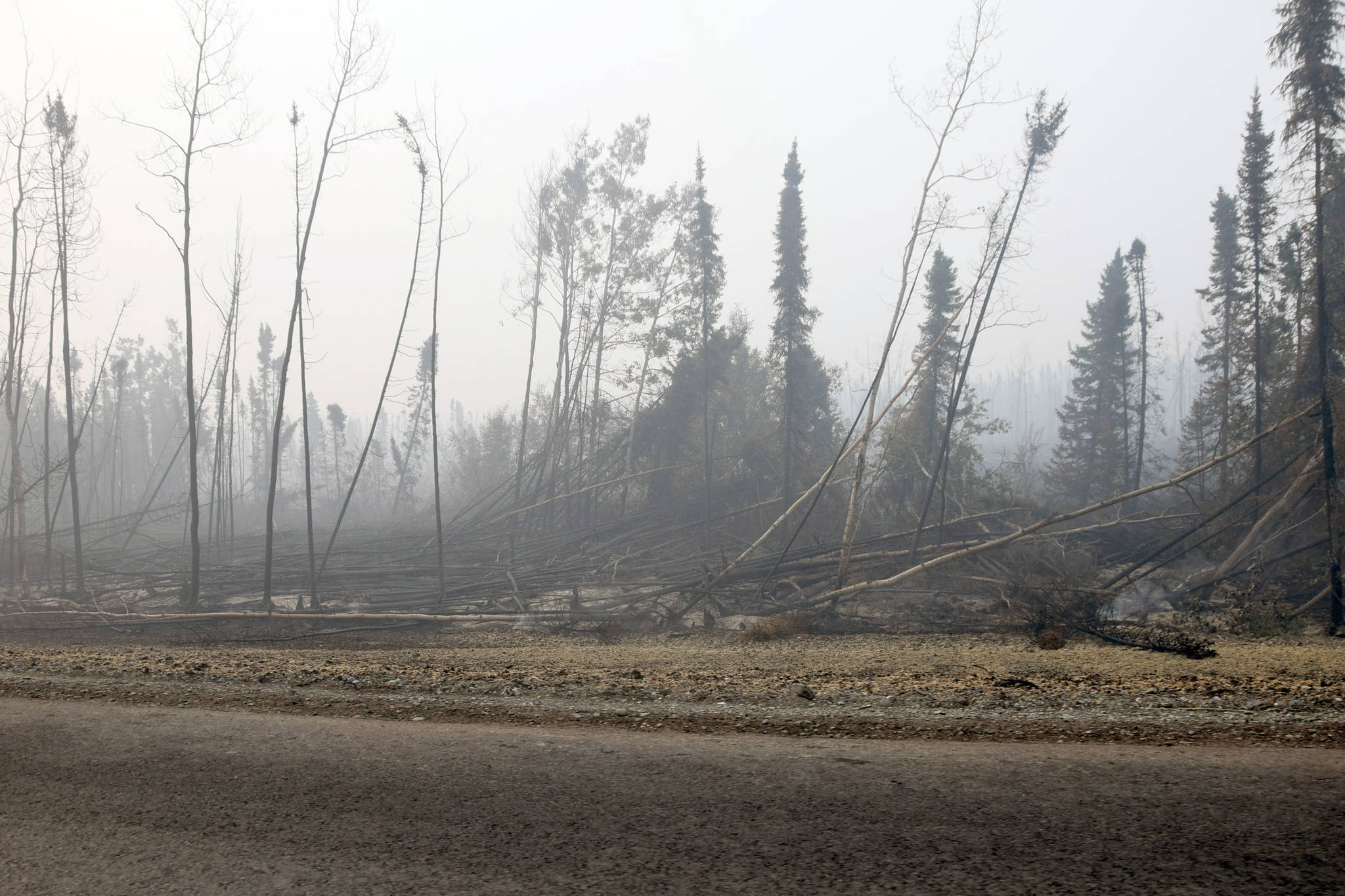The decision by federal officials to not allow initial attack on the Swan Lake Fire needs to be seriously examined. A look at media reports and statements by Kenai Refuge officials reveals an associated arrogance.
The policies surrounding wildfires should prompt Alaskans to worry that a wilderness dogma imported to Alaska by federal agencies caused this costly and unhealthy event. This is an inflexible, authoritarian ideology, which forthrightly eschews improving moose habitat through prescribed fire or other forest management techniques. This brought us months of evacuations, highway closures, air quality deterioration, and a tragic aircraft accident with the loss of three lives. The economic cost to Southcentral Alaska may well exceed $100 million. One of the costs derived from that decision yet to be determined, is that Railbelt electrical rate-payers will pay higher utility bills for months to come.
The facts include that the fire was ignited during the second warmest Alaska summer on record. At the outset of Swan Lake Fire, it took 10 days for the federal officials to assign a structure protection group to manage the fire. On the first day, the fire exposed a pipeline and closed a major highway. It also burned the Bradley Lake power transmission lines vital to the railbelt. Entire communities were at risk, in addition to the significant burn-out into the wildland-urban interfaces. The Swan Lake Fire, which has now burned over 160,000 acres, is still burning.
The fire quickly became the largest single labor expense in the Kenai Peninsula Borough with over 700 people employed to fight the fire.
A report by a USFWS Wilderness Fellow, entitled Prioritizing Measures of Wilderness Character on the Kenai refuge, reveals how out of touch federal land managers posted to Alaska can be with our day-to-day lives. The report says that one of the five main purposes of the Refuge is “to fulfill the international obligations of the United States with respect to fish and wildlife and their habitats.” This means that according to their policies, prohibiting the initial attack on the Swan Lake Fire meets an international obligation.
The report goes on to say, “The suppression of wildland fire is an attempt by humans to interrupt the native cycle of disturbance. These fires are wild by their very nature; they are difficult to predict and often difficult to control. Fire suppression is an attempt to rein in this natural process for the benefit of human populations.” The report also discusses air quality in a way that might not occur to ordinary Alaskans. It states; “Air quality is most likely degraded by human activity on the Peninsula, smog transported from nearby Anchorage, and long distance transport of pollution from Asia.” We should ask ourselves, what about the air quality deterioration derived from the Swan Lake Fire that occurred all summer? The most revealing comment is, “Fire staff should be consulted, but an increase of only a few fires should not be a cause for concern.”
Nothing said here is meant to implicate the hundreds of hard-working men and women who fought that fire every day after fire suppression was approved. Once the attack on the fire was allowed, all resources were rapidly deployed as needed. As Alaskans, we should fight for every dime spent by the state, the borough, and private businesses, to be fully reimbursed by the federal government!
Without serious examination and discussion, prompting a major policy shift towards Alaska refuge fire management, we should probably brace ourselves for a repeat of the disastrous outcome of the Swan Lake Fire.
— Dana Pruhs, lifelong Alaskan
• Dana Pruhs, lifelong Alaskan

